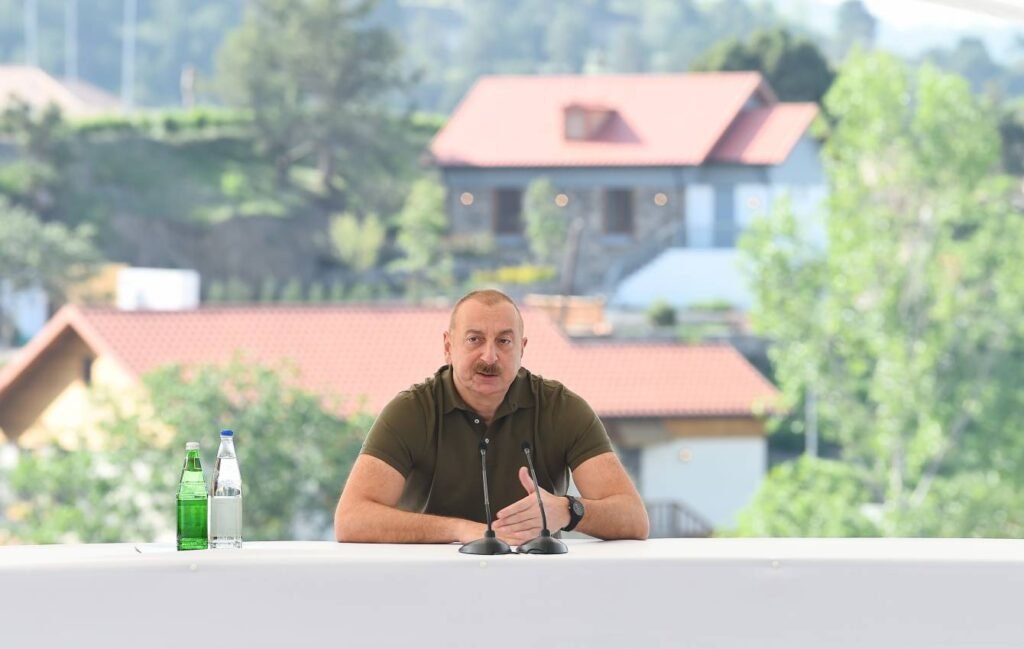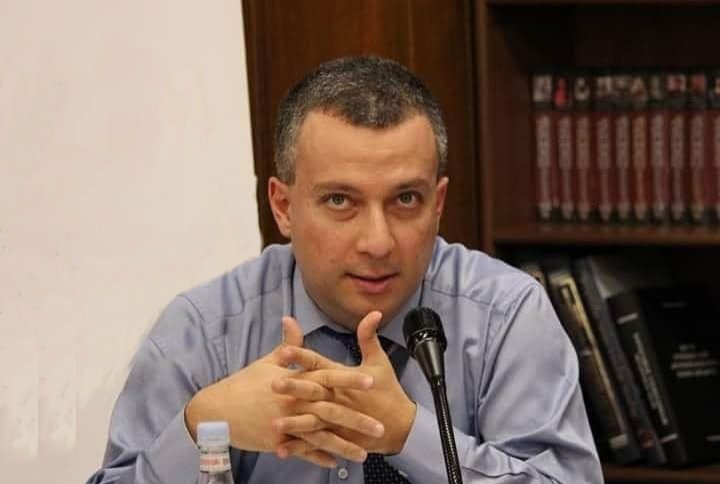May 2023 will be remembered as the month of intensive negotiations between Armenia and Azerbaijan. It started from the four-day summit in Washington, where the two ministers of foreign affairs with their teams were engaged in face-to-face interactions to discuss the text of the Armenia-Azerbaijan peace agreement. Ten days later, Armenian and Azerbaijani leaders met in Brussels, revitalizing the Brussels format, which had been stalled in September 2022. As a result of the Brussels summit, the sides reiterated the mutual recognition of territorial integrity based on the Alma-Ata declaration. For the first time, they agreed to use exact numbers when describing each other’s territories. This step dispersed fears in Azerbaijan that despite signing the Prague statement in October 2022 and recognizing Azerbaijani territorial integrity based on the Alma-Ata declaration, Armenia may still avoid recognizing Artsakh (Nagorno Karabakh) as part of Azerbaijan, arguing that Artsakh was not part of Azerbaijan on December 21, 1991, when the Alma-Ata declaration was signed. A few days later, the Armenian Prime Minister confirmed that Armenia recognizes Artsakh as part of Azerbaijan during his speech at the summit of the Council of Europe. On May 22, he reiterated this position during a press conference in Yerevan. On May 19, Armenian and Azerbaijani foreign ministers met in Moscow to continue discussing a peace agreement, while President Aliyev and Prime Minister Pashinyan met in the Russian capital on May 25. The meeting did not bring any tangible result, except the agreement to hold another trilateral meeting in Moscow at the level of deputy prime ministers to continue discussions on the opening up of communications.
It seemed that intensive negotiations, especially Armenian recognition of Artsakh as part of Azerbaijan, would bring the sides closer to the signature of the peace agreement and lasting peace and stability in the region. However, while the international community expresses its satisfaction with the resumption of negotiations and praises the Armenian Prime Minister for his recognition of Artsakh as part of Azerbaijan, the Azerbaijani authorities are openly preparing another large-scale military strike against Artsakh. Since the end of the 2020 Artsakh war, Azerbaijan has launched several attacks against Artsakh, including military actions in March and August 2022. In December 2022, Azerbaijan closed the Berdzor (Lachin) Corridor by organizing protests of self-described eco-activists and established two checkpoints along the corridor in April 2023.
Since the end of the 2020 Artsakh war, Azerbaijan has demanded the disarmament of the Artsakh defense army. However, until very recently, these statements were perceived as a part of the standard routine to put pressure on Armenia and to keep the image of President Aliyev as a war hero among the Azerbaijani population. However, the situation has recently changed. Since Armenia has recognized Artsakh as a part of Azerbaijan and both Armenia and the international community accepted the establishment of Azerbaijani checkpoints on the Berdzor Corridor, Azerbaijan has perceived these steps as a de facto green light for a military operation against the Artsakh defense army. On May 28, 2023, President Aliyev issued an ultimatum to Artsakh Armenians. He demanded to disband all state institutions in Artsakh, forget about any status and accept Azerbaijani citizenship. President Aliyev promised to discuss the possibility of amnesty for self-described Artsakh Republic leadership if they realized his demand. He also clearly stated that the Azerbaijani army was ready to launch military operations against Artsakh. The May 28 ultimatum by President Aliyev does not have any clear timetable, but it means that any day from now can be the last day of the ultimatum. Meanwhile, the Azerbaijani Ministry of Defense resumed its usual tactics of accusations against Armenians, issuing statements about shootings toward positions of the Azerbaijani army.

The situation around Artsakh has reached its culmination. Azerbaijan believes that recognition of Artsakh as part of Azerbaijan by Armenia gives Baku the right to launch military strikes against the Artsakh defense army, calling these strikes either an “anti-terrorist operation” or a “fight against illegal military units deployed in Azerbaijan.” Meanwhile, Azerbaijan will probably avoid strikes against civilians and Russian peacekeepers, focusing its actions on defense army units. Azerbaijan believes that in case of a new large-scale military operation in Artsakh, the Armenian government will do nothing except a new barrage of accusations against Russia and calls to the international community to intervene. On May 30, 2023, the US State Department issued a statement on peace talks between Armenia and Azerbaijan. It welcomed President Aliyev’s May 28 remarks on the consideration of amnesty for Artsakh Armenians. Regardless of the real intentions of the US State Department, this statement will be perceived in Azerbaijan as a green light to military actions against the Artsakh defense army if Artsakh Armenians reject President Aliyev’s ultimatum. Thus, the stage is set for the new large-scale escalation in Artsakh. The only way to prevent it or reduce its probability will be a clear statement by the Armenian government that any attack against Artsakh will ruin the current peace process. As the primary beneficiary of the resumed negotiations is the West, probably, the clear statement from Armenia that a new attack against Artsakh will ruin the process may force the US and the EU to work with Azerbaijan to stop the upcoming bloodshed and save the negotiations.



Very dangerous. He may time it to coincide with the much discussed imminent counteroffensive, so that “BBC” is occupied with that.